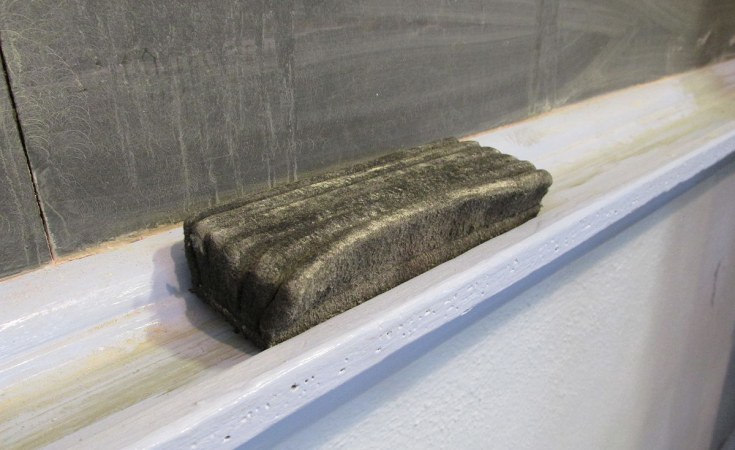THE government is currently assessing the state of infrastructure in all old primary schools, particularly ones that were built before independence.
Deputy Minister of State in the President's Office (Regional Administration and Local Government), Mr David Silinde told the Parliament yesterday of the plan to improve the infrastructure of the old primary schools, when responding to the question asked by Ms Neema Mwandabila (Special Seats-CCM).
In her basic question, Ms Mwandabila sought explanation from the government on its plans and timeframe for improving the dilapidated infrastructure of some of the old primary schools in Ileje and Mbozi districts of Mbeya region.
According to the deputy minister, by the time Tanzania attained independence in 1961 there were already 2,147 primary schools. The deputy minister said preliminary assessment shows the condition of infrastructure of some old schools in the country is indeed in bad shape while others were in rather good condition.
"The ministry has started carrying out an assessment on all old primary schools through the BOOST project to determine the state of their infrastructures, including deciding on whether the schools need new facilities," the deputy minister said.
The minister said the assessment started last month and will be completed in July 2022, adding that the results of the undertaking will help the government to come up with a special five -year programme focusing on rehabilitating them.
He, however, assured MPs and the general public that the government will continue rehabilitating old primary schools' infrastructure, depening on the availability of funds.


